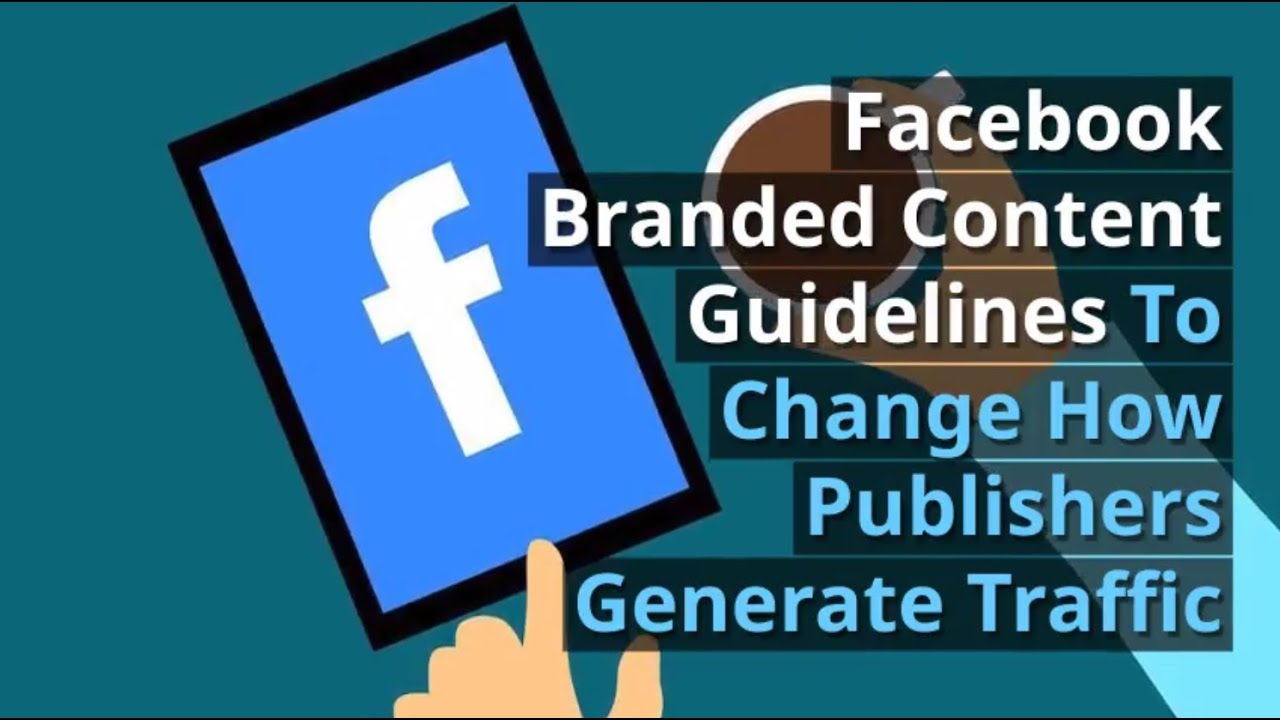Early this year, Facebook updated their branded content rules that limit the way a Facebook page owner can post content in exchange for money. This paid-promotion strategy was pivotal to the growth of companies like Render Media, Little Things and Diply. As a result of the change, Render Media and Little Things completely shut down, sending ripples through the industry. Now 3rd party advertisers like agencies, brands and publishers are scrambling for new avenues to promote products and content. We believe the reaction to this change is completely overblown with artificial media hype. Here’s why.
1. If you put all your eggs in one basket, you will lose.
Many publishers, most notoriously Render Media and Little things, built massive businesses promoting their content by paying Facebook page influencers. The strategy was successful because the cost of acquisition was sometimes as low as a penny, cheaper than Facebook’s floor. When the change occurred, Little Things, a business with over 50 employees, lost 75% of it’s traffic overnight. The lesson here is that many media companies put all their eggs in one basket: Facebook influencer traffic. Their strategy worked until it didn’t, and now many are reassessing where to go next. Don’t let the doom and gloom hype of big name demises freak you out.
2. Facebook isn’t the only sheriff in town.
This new update reminds us of the one Facebook did in August of 2016, when they changed their algorithm to bury promoted viral content for more organic, newsworthy content. Many publishers – whom we happen to deal with on a daily basis – were quick to abandon Facebook and find new avenues of content promotion. Content discovery platforms like Taboola and Outbrain benefitted tremendously after the change, providing new opportunities for 3rd party advertisers to promote content and products.
3. It’s the internet, don’t lose faith and never doubt it.
The internet is so dynamic and fluid that when one opportunity closes, another will arise. As long as there are eyeballs, there will be opportunity. Entrepreneurs are innovative and marketers will find (or create) new ways to market products and content. As many advertisers, brands, agencies and publishers “scramble” for new avenues to promote to garner visits and sales, opportunities will emerge.
4. Facbeook influencer traffic is still a valid avenue!
It may have gotten lost in all the hype, but I can’t scream this loudly enough: you can still pay Facebook page owners for sharing content. The new Branded Content guidelines don’t completely prohibit paying a Facebook page owner for sharing content; rather, the Facebook influencer must use the Branded Content Tool to tag 3rd party advertisers on both Instagram and Facebook. According to Gary Lipovetsky, CEO of Provdr.com, another publisher that build a huge business on cheap Facebook influencer traffic, 3rd party advertisers can easily satisfy Facebooks requirements by a paragraph length description or caption to each post. Lipovetsky also thinks it will bode well for publishers long-term, helping increase organic reach.
